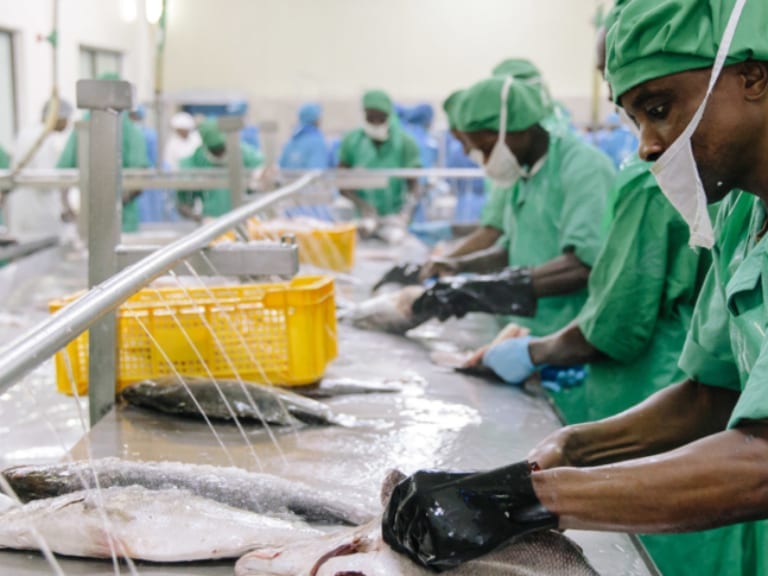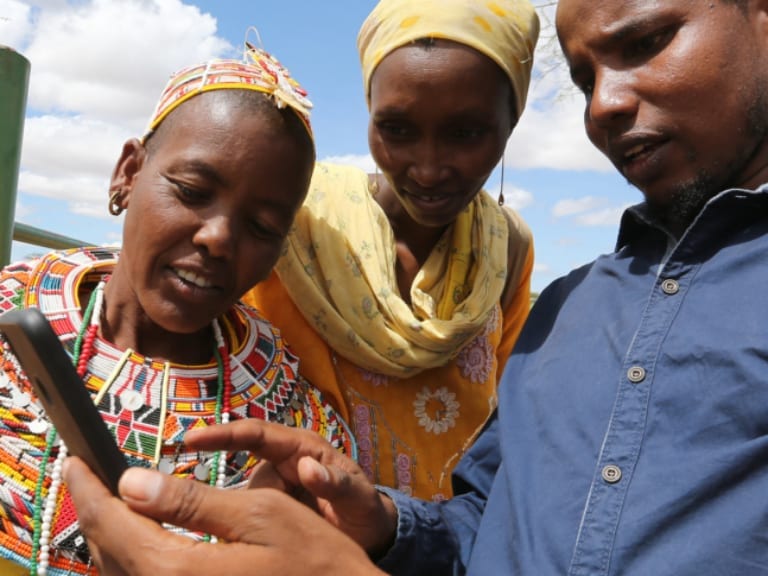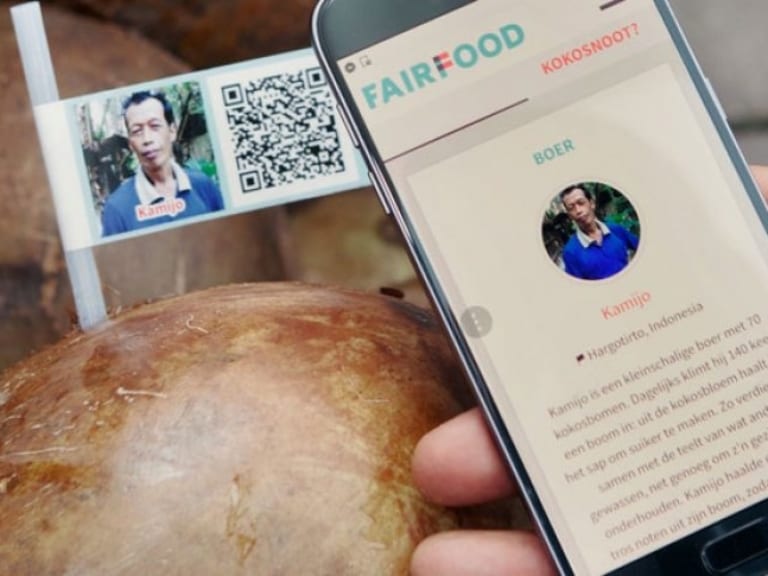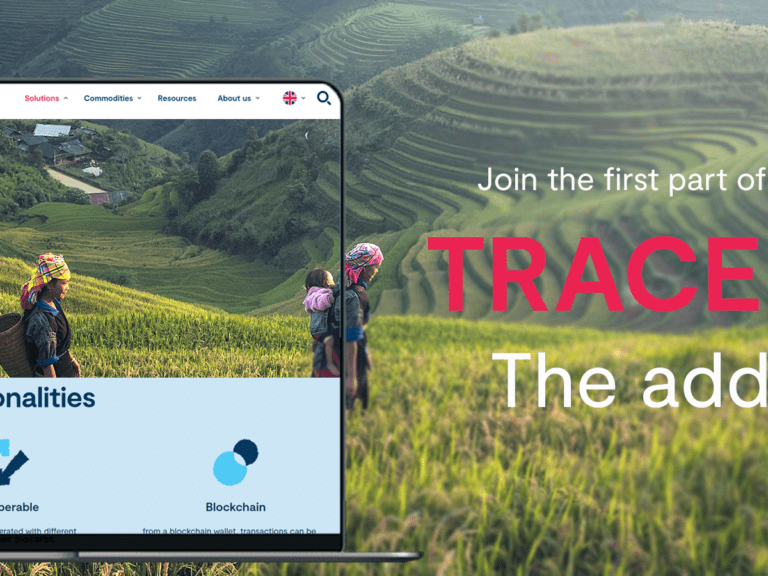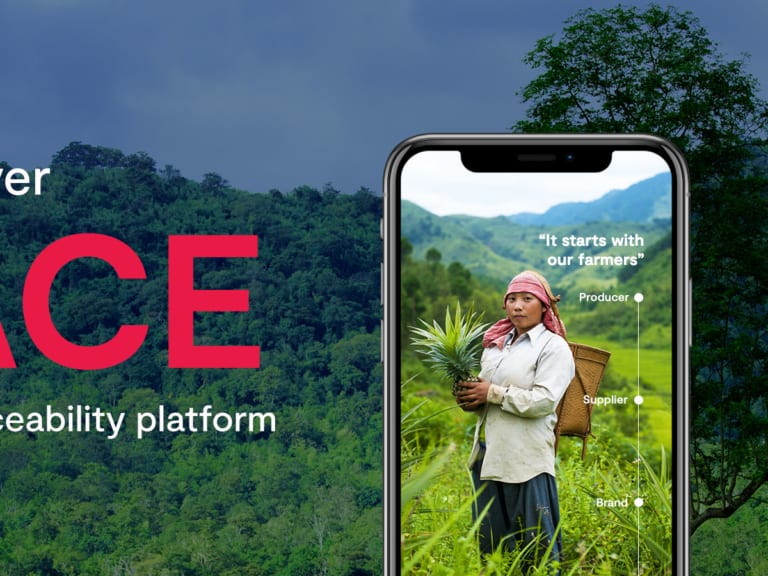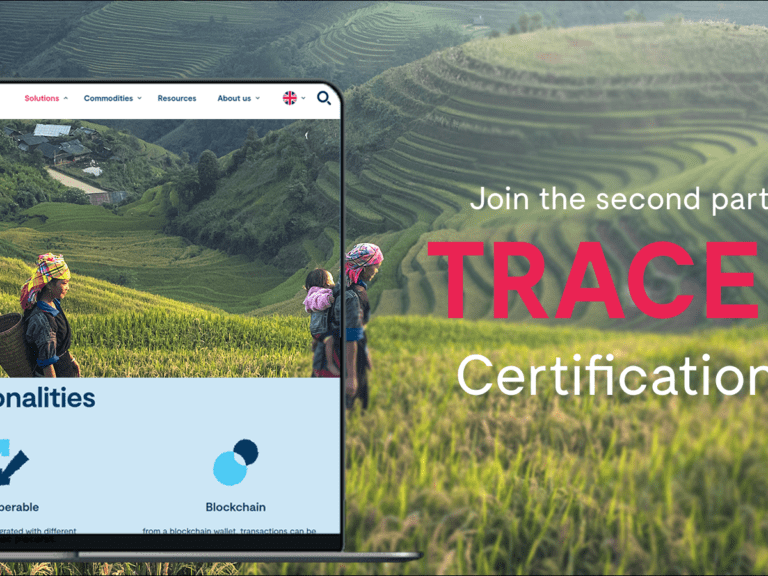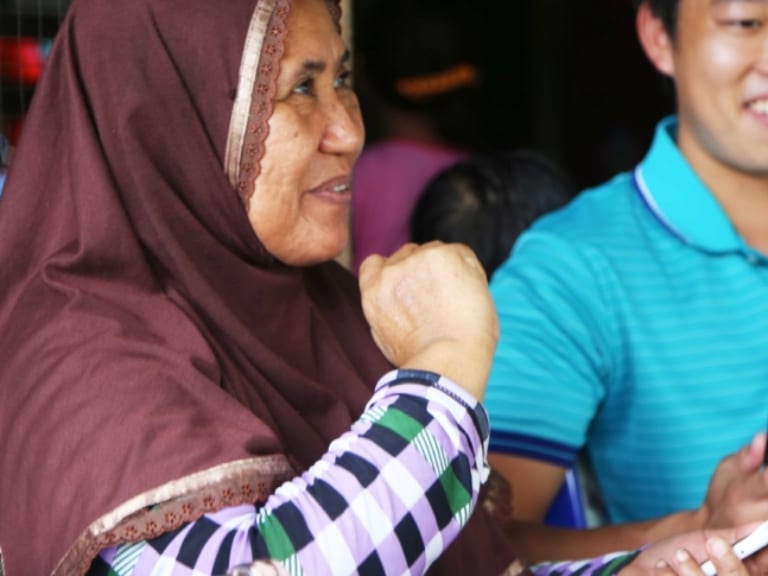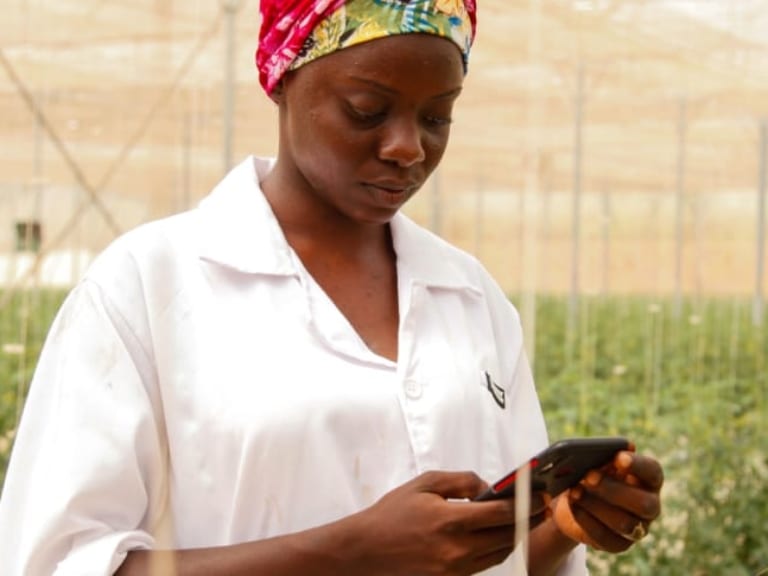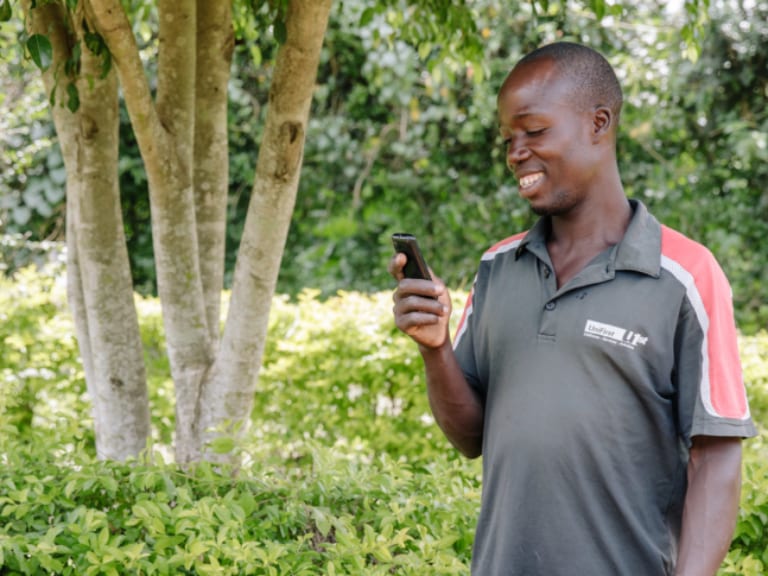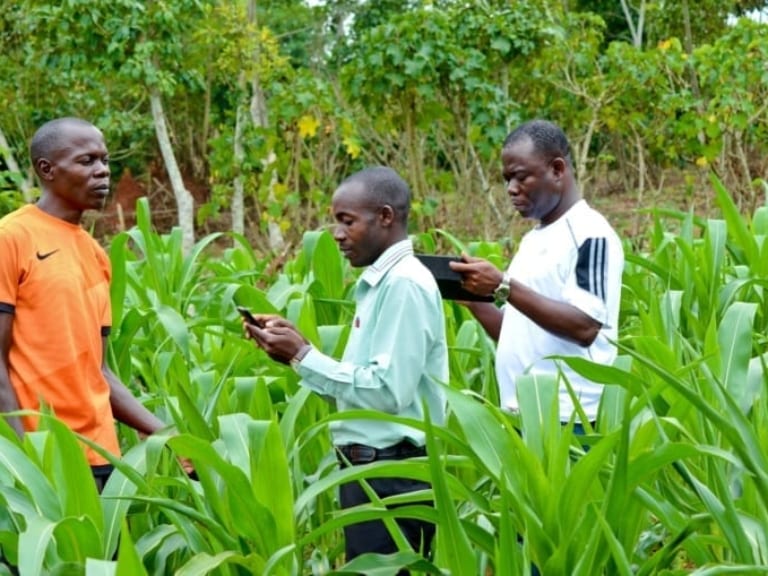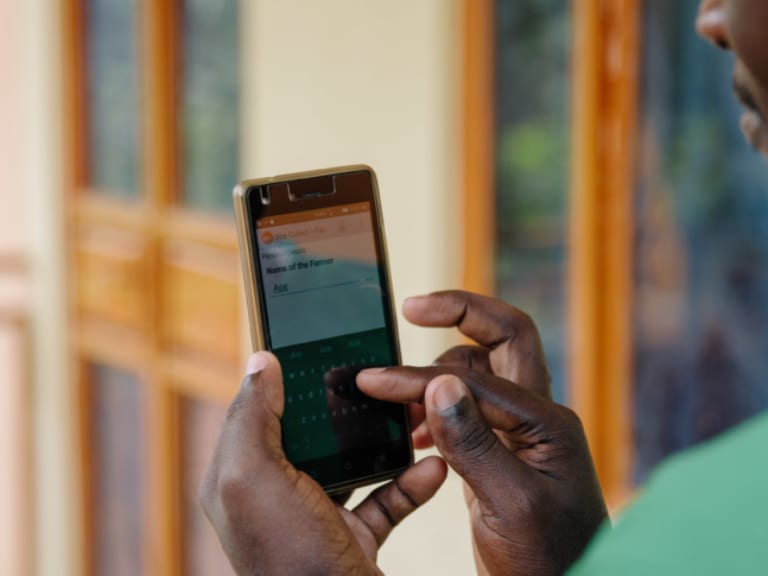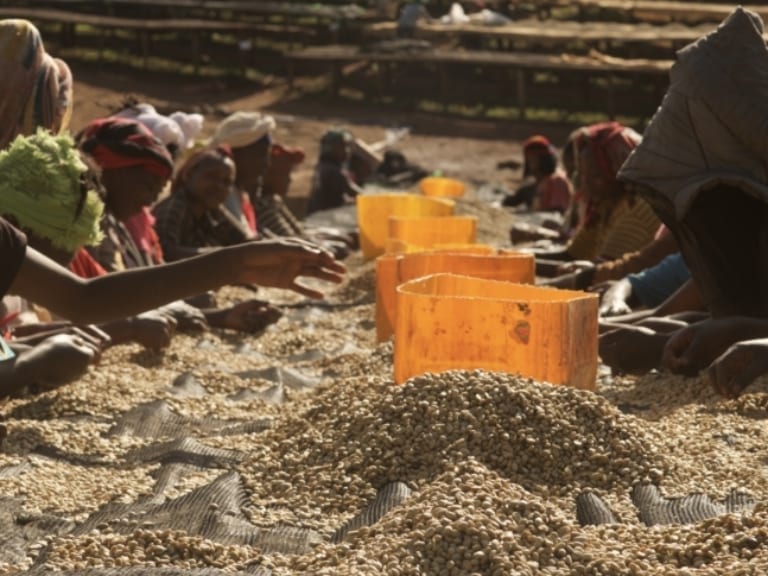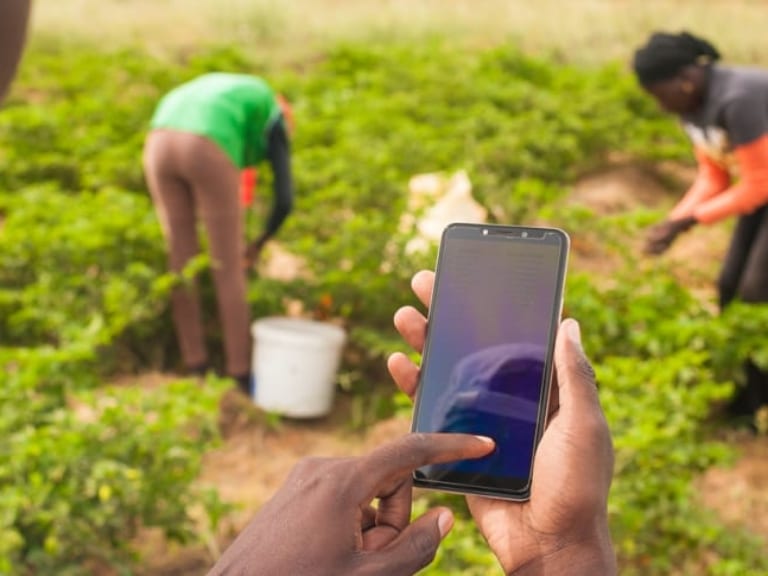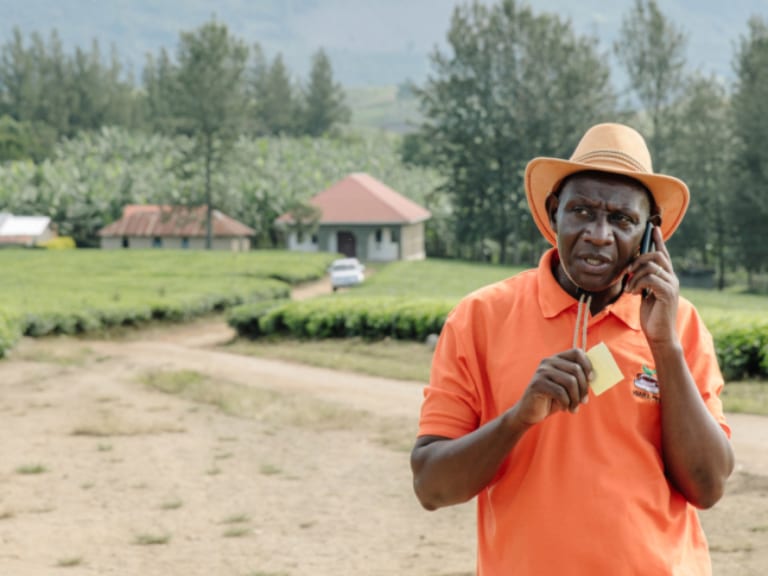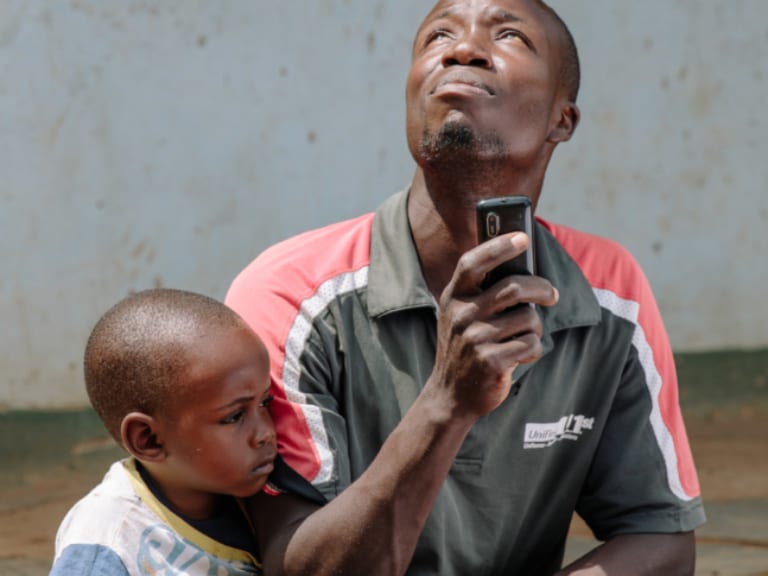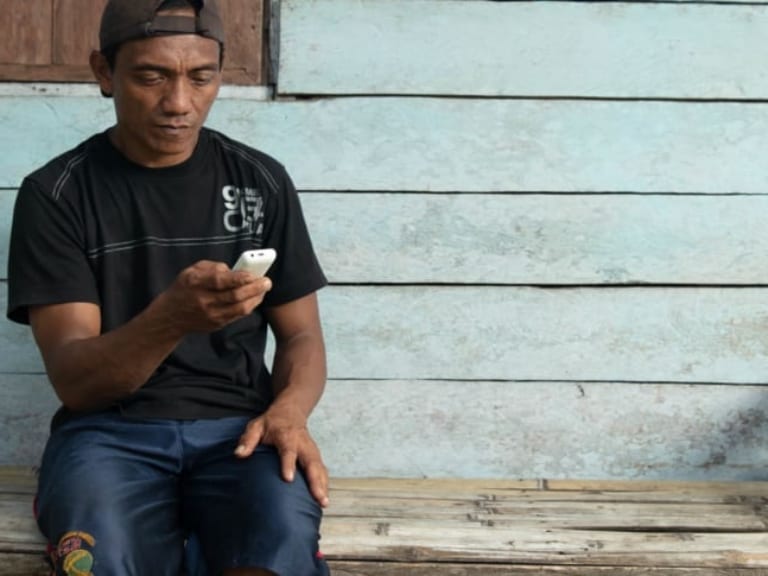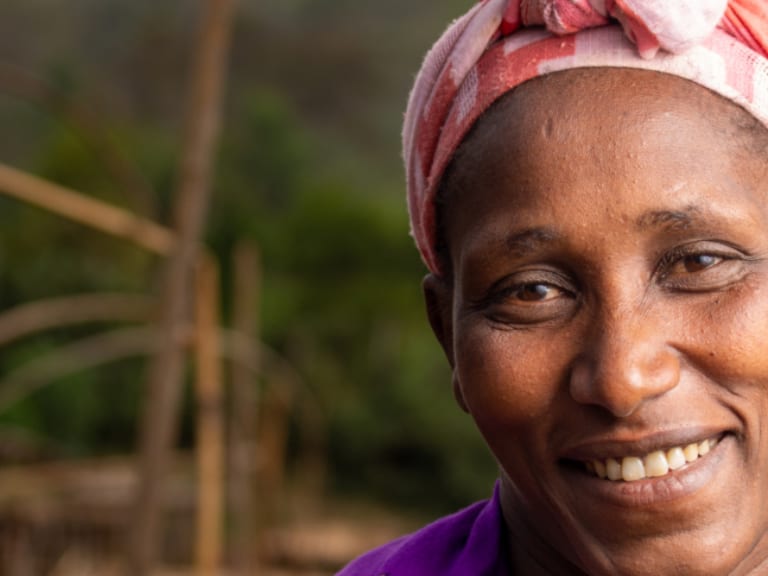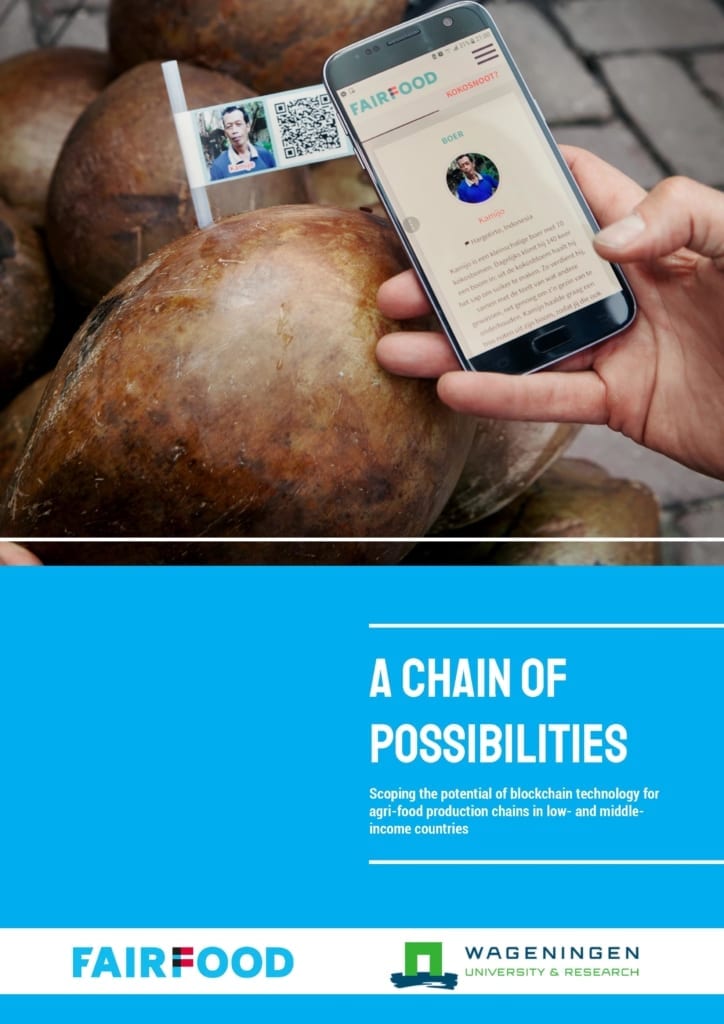Blockchain in food supply chains
Discover how blockchain can transform our food system by addressing urgent issues such as food fraud, food recalls & exploitation of smallholder farmers.
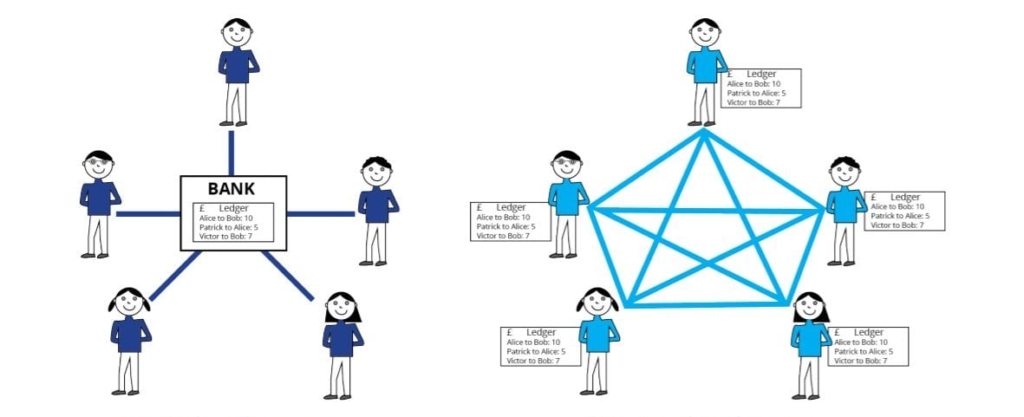
What is a blockchain?
Blockchain is a distributed ledger (a list of transactions) that allows for information to be captured and shared in a network. In this network, each member maintains their own copy of the information and all members must validate and store each update collectively. By doing so, every member is always working with the same information which can provide online systems a single source of truth to work with. In a way blockchains are very similar to a Google sheet but slightly different as blockchains only allow data to be added and once added, it can never be removed.
Blockchain has three basic functionalities which can provide many different solutions for agri-food supply chains and smallholder farmers. Firstly, blockchain facilitates direct peer to peer transactions. Secondly, blockchain facilitates fully transparent and secure data storage. Lastly, blockchain allows for logic and agreements to be executed automatically. These three basic features can ultimately lead to more inclusion, more transparency and better cooperation within food supply chains.
Learn the added value of blockchainOur blockchain solution Trace
Trace is our blockchain solution that helps food companies discover their supply chain, track their products, verify their brand promises and tell their full and honest product story to their customers.
This video cannot be shown because you didn't accept the cookies.
Change choice
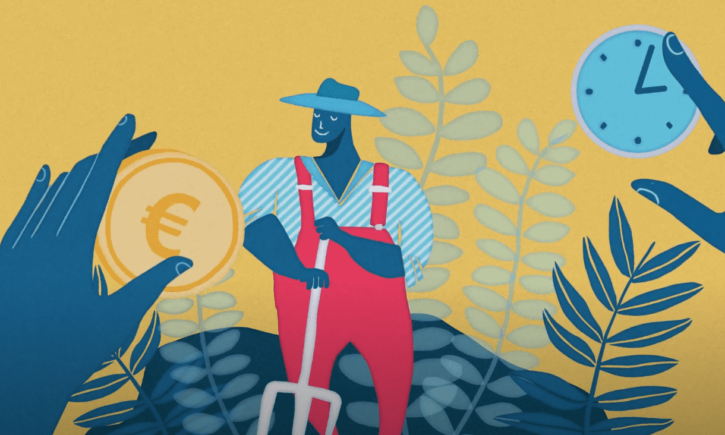
Reports: Blockchain in agri-food
Webinars: Trace Talks on blockchain and transparency
Our case studies of blockchain in food
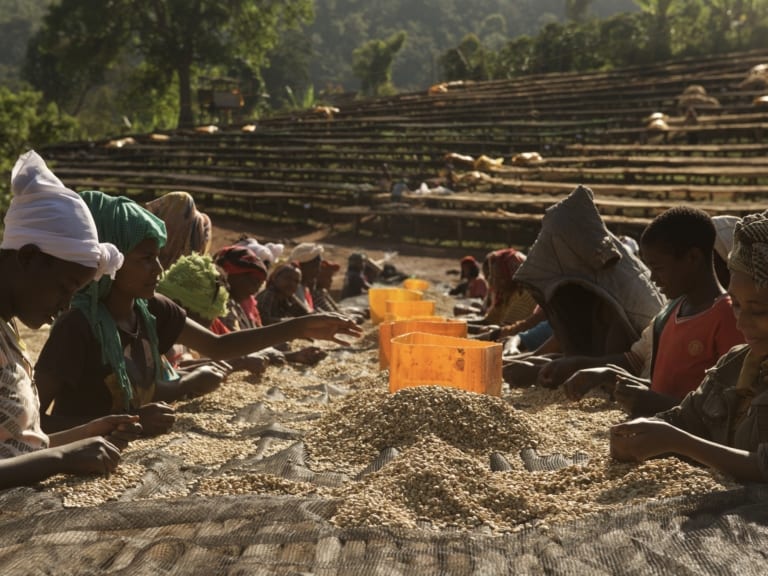
- Blockchain
Trabocca: In pursuit of poverty free coffee
On their journey to poverty-free coffee, Trabocca saw the importance of transparency and traceability, and employed our new platform, Trace, as a tool to answer the question whether coffee farmers are earning a living income.

“We used Trace to track both the farmers’ deliveries and the payments they received. The platform allows us to provide our customers with insights about these transactions.”
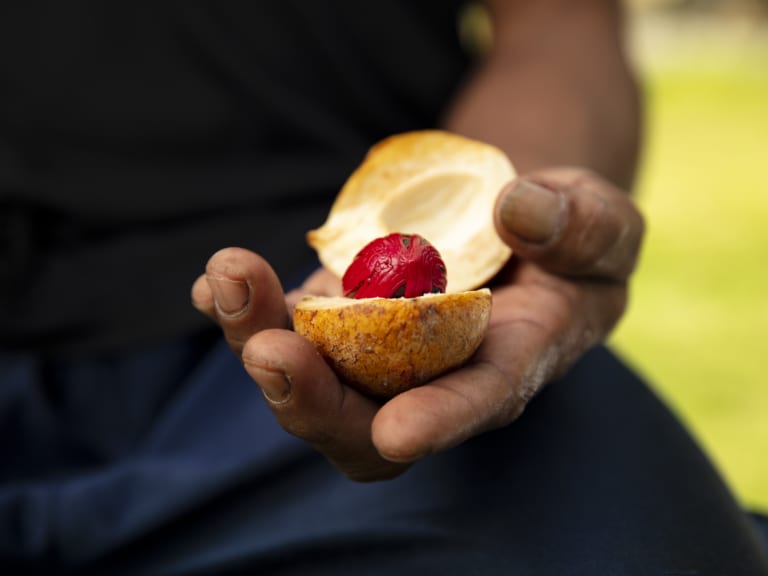
- Blockchain
Verstegen: Nutmeg on the blockchain
Verstegen Spices & Sauces and Fairfood used blockchain to make the production of nutmeg transparent.
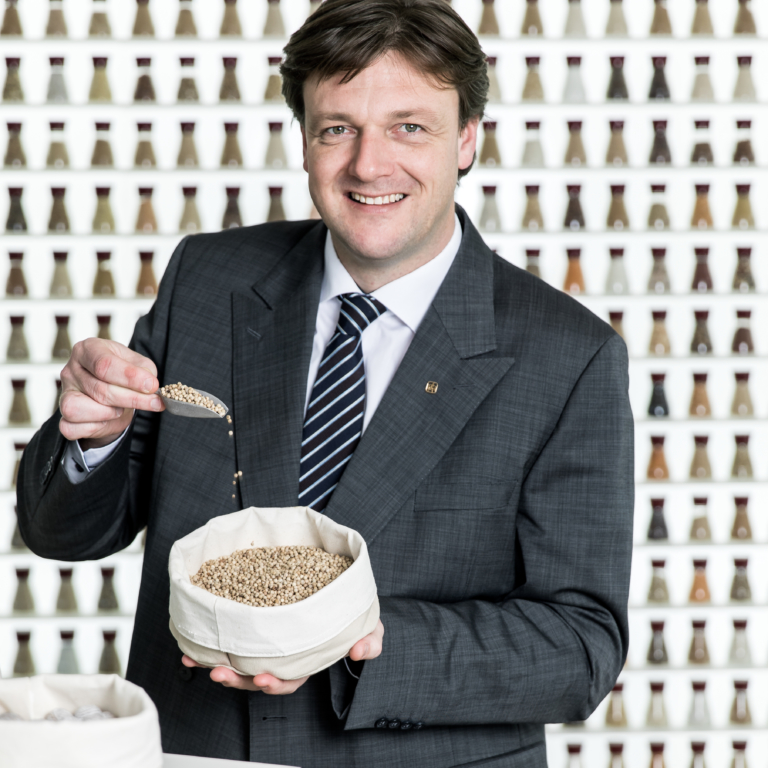
“What an honest and sincere outcome of the project. Very beautiful what we are doing. I hope it will get a nice follow-up.”
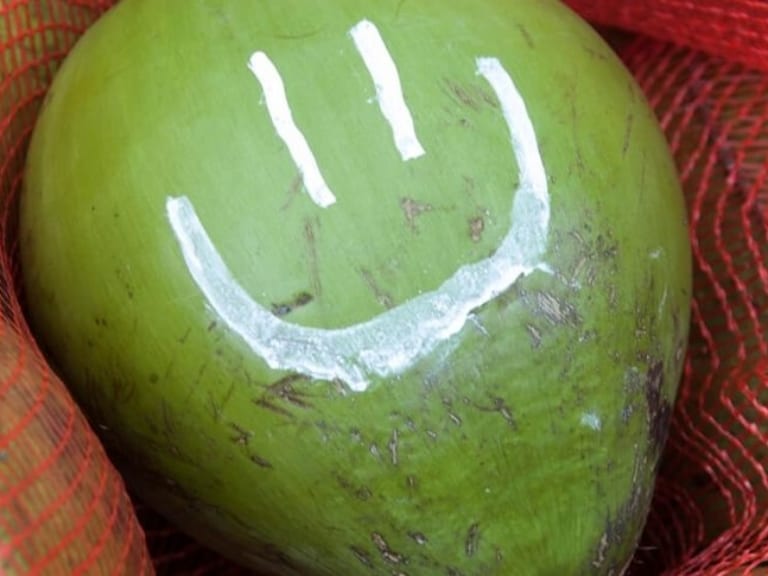
- Blockchain
A coconut’s journey
In 2017, Fairfood became one of the first parties worldwide to sell a food product that had been logged on blockchain from tree to plate: 1,000 Indonesian coconuts. A pilot project to encourage large coconut players to explore their own chains.

“By scanning the note you can see where it came from and what exactly was paid to whom. This way we prevent abuse and you can see that the farmers have received a fair living income!”
